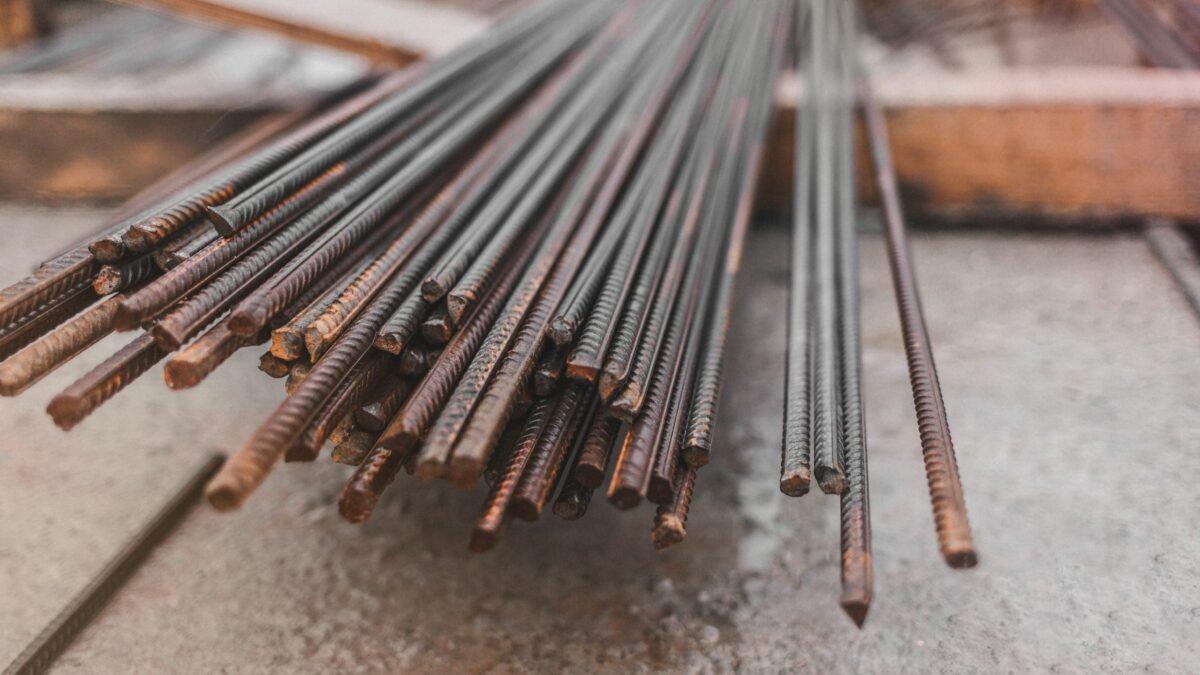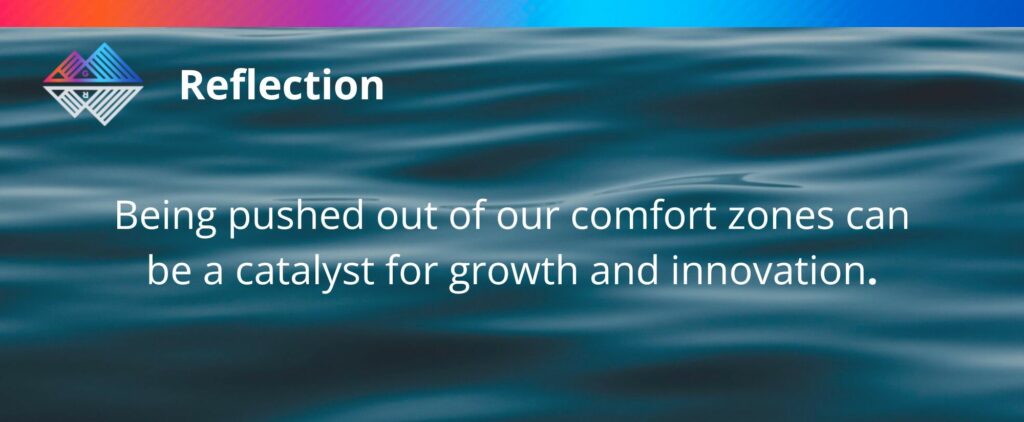
Turning Crisis into Opportunity: Investing in People and Sustainability During Economic Downturn
I remember a season when the Phoenix construction market crashed, we lost $26 million of work in just forty-five days. I felt the full weight of it land on my head. I gathered our team and frankly said, “If we were to choose a business to be in at this moment, it would not be construction.” That statement froze the entire room, leaving an uncomfortably long silence. However, we laid out a plan to move forward.
I told the team that my wife Carol, who manages the office, and I would forgo our paychecks until the economy improved, and no one would be laid off. I said, “we were not going to participate in this recession”. Instead of retreating, we invested in our team and community, shifting focus to high-end sustainable building.
We upheld our promise and went without salaries for nearly two years. Persistence and relationships were our lifelines. We reached out to former clients, offering free maintenance to keep our team working productively, which led to paid work and referrals for new projects.
“If you fall to pieces in a crisis,
there wasn’t much to you in the first place.”– King Solomon
We also took on a pro-bono project to serve our community, working on the Phoenix Dream Center where we provided a new commercial kitchen that has served over twelve million meals. Our boldest move during this season was embracing a green building venture. In 2009, our son Jeremy became our team’s first LEED AP (Leadership in Energy and Environmental Design–Accredited Professional). We took on a multimillion-dollar LEED Gold commercial renovation. The ambitious project required thirty-two permits and all the construction was completed in five months. This goal seemed outrageous, but we achieved it thanks to a visionary client.
The project was a success, so I put two and two together. We applied sustainability to luxury homes, which aligned with our mission. We saw our core values and this project clarified where we needed to invest. Two years later, we had eleven projects in progress, seven of which were LEED certified, and two were net-zero.
I will never call the housing crash a good thing. I think back to that meeting where we gathered our team, feeling the weight of decisions and choices that would impact lives. We could have chosen to shrink, but we chose to invest in our company.
“God never put heavy burdens on weak shoulders”
– Charles Spurgeon
This decision, though it took sacrifice and courage, allowed us to keep our team intact, expand our capabilities, reaffirm our core values, reconnect with our client base, and raise the company’s profile in the community.
In times of crisis, we have the opportunity to shift our future expectations and acknowledge that challenges are inevitable. The key is to prepare effectively so we can adapt to the necessary changes with agility and resilience. Being pushed out of our comfort zones can be a catalyst for growth and innovation. It’s essential to consider the bigger picture, understanding the dynamics of volatile changes and the opportunities they present. Remember what truly matters—your team, your values, and your mission. Embrace a willingness to change your perspective, think broadly and creatively, and maintain forward momentum with purpose and eager anticipation for the future.

Challenges are what make life interesting; overcoming them is what makes life meaningful.
Jerry
Application Business Leadership
